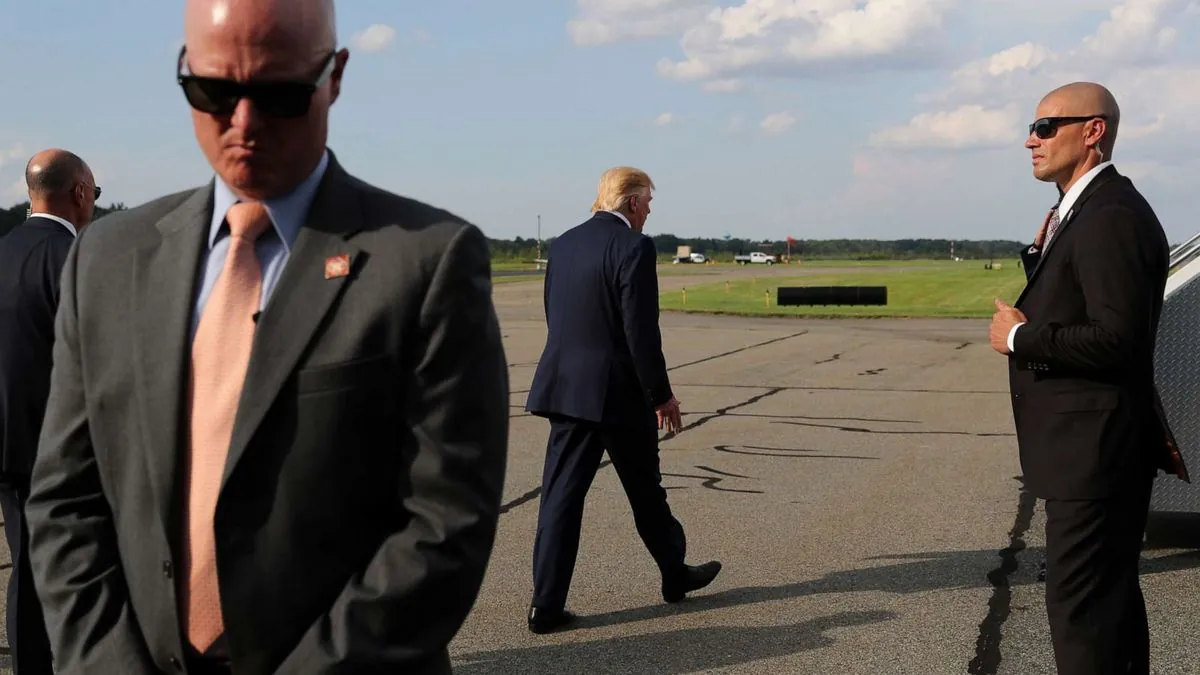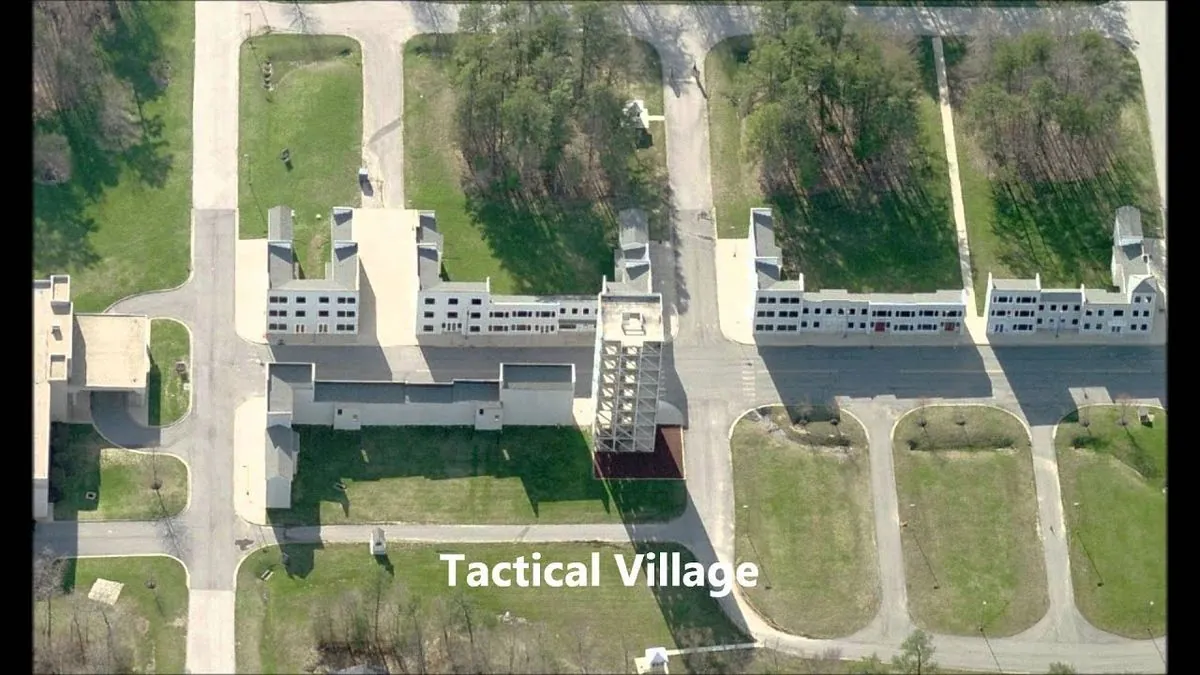Secret Service Chief Urges Congress for Crucial Upgrades Amid Rising Threats
Acting Secret Service Director Ronald L. Rowe Jr. calls for increased funding to address security challenges. Recent incidents highlight the need for enhanced protection measures and resources.

In light of recent security incidents, Ronald L. Rowe Jr., the acting director of the U.S. Secret Service, is advocating for substantial investment in the agency. Rowe emphasizes the necessity to adapt to a "new reality" characterized by escalating threats to political leaders.
The Secret Service, established in 1865 to combat currency counterfeiting, has evolved significantly over the years. Its primary mission now includes protecting high-ranking officials and investigating financial crimes. With a current annual budget of $3 billion and over 7,000 employees, the agency faces mounting challenges in fulfilling its critical responsibilities.
Rowe's appeal comes in the wake of two apparent assassination attempts on former president Donald Trump within a 10-week period. These incidents have underscored the urgent need for enhanced security measures and resources.

The James J. Rowley Training Center in Maryland, where agents undergo rigorous preparation, requires significant upgrades. Rowe points out the lack of modern facilities to simulate real-world scenarios, highlighting the importance of keeping pace with evolving threats.
"We are running our people at levels that we have not seen in our protective operations. We are burning everything hot right now."
The agency's needs extend beyond personnel, encompassing advanced equipment such as armored vehicles and ballistic glass. The Presidential Limousine, known as "The Beast," exemplifies the level of protection required for high-profile individuals.
Rowe's background as a 25-year veteran of the agency and his experience in law enforcement have shaped his perspective on the challenges faced by Secret Service agents. His hands-on approach and understanding of the risks involved in protection duties have garnered support from colleagues and officials.
However, the agency faces scrutiny from Congress following recent security lapses. The incident in September 2014, where an intruder breached White House security, remains a point of concern. Critics argue that recommended reforms from previous administrations have not been fully implemented.
The Secret Service's responsibilities extend beyond domestic protection. With field offices in over 150 countries, the agency plays a crucial role in international security cooperation. Additionally, its cyber investigations unit combats computer-based crimes against the U.S. financial system.
Looking ahead, Rowe emphasizes the need for long-term planning. He envisions preparing the agency not only for the upcoming November 2024 election but also for future events such as the 2028 Olympic Games in Los Angeles.
As debates continue over resource allocation and potential management reforms, the Secret Service remains committed to its motto: "Worthy of Trust and Confidence." The agency's ability to adapt and strengthen its capabilities will be crucial in addressing the complex security landscape of the future.


































